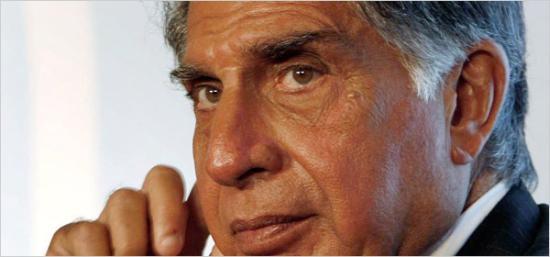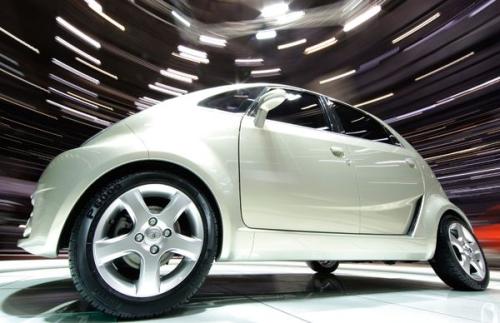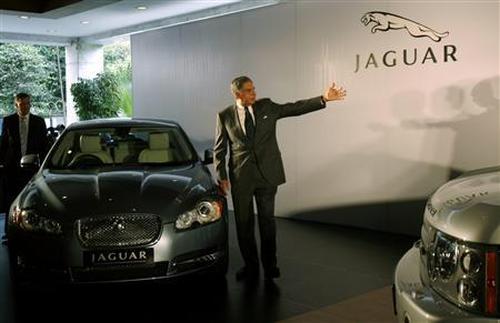
Ratan Tata succeeded because he knew there needed to be a huge transformation in innovation and R&D capacity.
I first met Ratan Tata when he was assuming the chairmanship of TataSons. Unlike most corporate chiefs, Ratan arrived alone, driving himself in a small car made by a Japanese manufacturer.
As we spoke, I realised this personal modesty belied a grand vision: the creation of a global business rooted in the historic Tata values of fairness, charity and upright conduct. He has more than surpassed that ambition.
Ratan has succeeded because he knew there needed to be a huge transformation in innovation and R&D capacity to succeed in the newly competitive Indian and global markets.
To take one example, in the nineties, while many cars were being made in India under license, not a single car was being made by India.
Ta-Ta, Ratan: Tribute to an iconic Indian
...

Ratan wanted to make a car in India, by India - because that was the way to create expertise and innovation.
I remember many agonising days spent in the design and manufacture of that first car - the Indica. But if you don't do the first one, you never learn for yourself.
By the millennium, Tata was a business with a global footprint. However, the biggest turning points were to come. First Tata acquired struggling Jaguar Land Rover, whose turnaround has shown the worldwide business community what Indian leadership can do.
Then came the "car heard round the world", the Nano. Developing an affordable small car for the global masses shows Ratan's psyche.
Ta-Ta, Ratan: Tribute to an iconic Indian
...

History will show the Nano as a tremendous design and technological achievement.
In these decisions we find the core of Ratan's leadership. There's belief in technical innovation and design quality, a refusal to take short cuts and a faith that what matters is how your decisions are judged in decades still to come.
Today, Ratan still devotes countless hours to learning the nuts and bolts of his businesses. When he visits Jaguar Land Rover, he spends time in the design studio and on the production line, motivating engineers through his passion for technology.
Some managers are brutal, even cruel. That isn't Ratan's way. He believes that how you achieve your aims is as important as the objectives themselves. That said, while he prefers agreement, he won't allow himself to be deflected from his ambition.
(The writer is Founder and Chairman of Warwick Manufacturing Group)